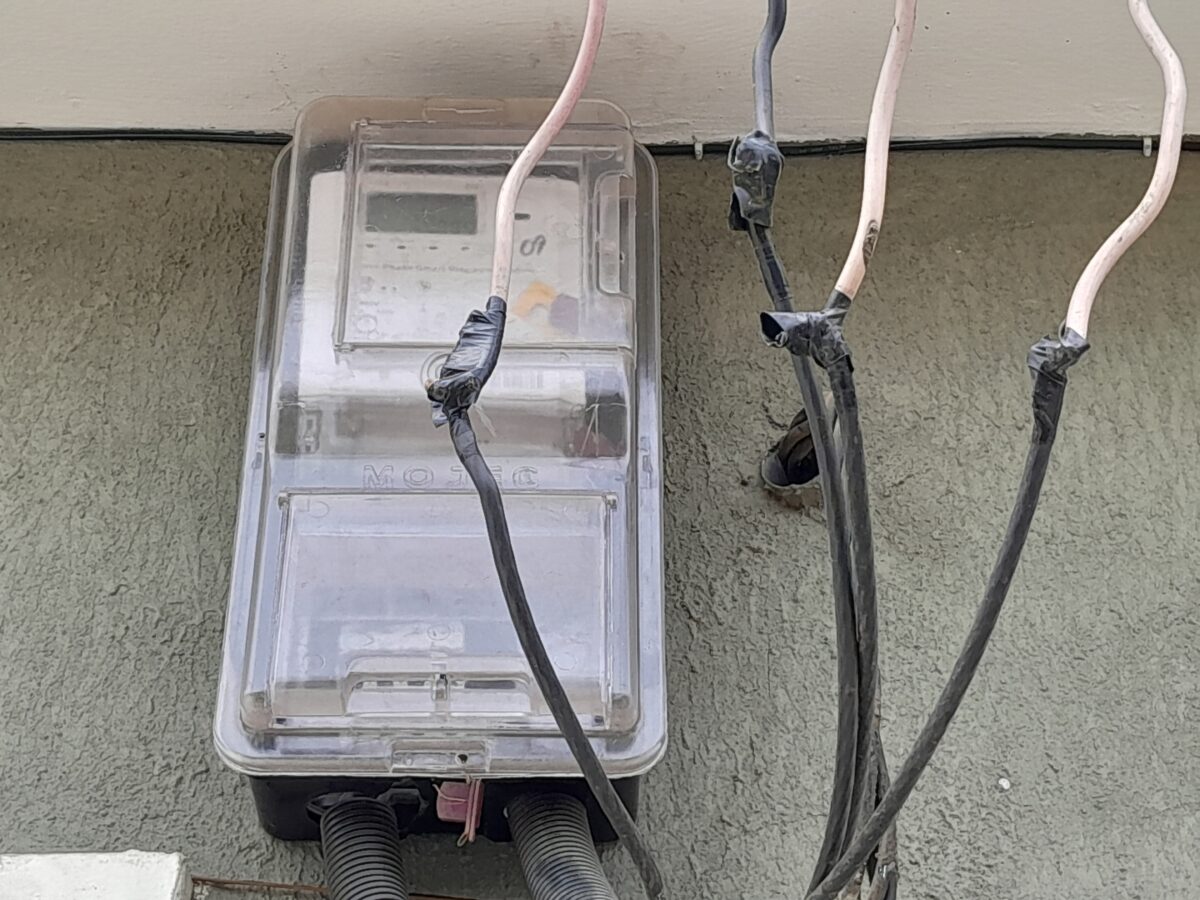Many farmers in conflict-torn areas of states in northern Nigeria are subject to hefty levies to access their farms. In the midst of a food security crisis across the country, a report by SBM Intelligence revealed that this contributes to Nigeria’s food insecurity.
Bandits in some states in Northern Nigeria, such as Kaduna, Zamfara and Kaduna, terrorise farmers by forcing them to pay fines to enable them to access their farmlands and harvest crops.
According to the report, these levies range from N70,000 to N100,000. In cases where farmers can not afford these costs, the bandits impose penalties on them.
READ ALSO: Lagos Fashion Festival Organisers Sell Fake Internship to Models
”Those who resist these demands face severe consequences, including abduction, murder or confiscation of their produce. In some instances, bandits bring their cattle to graze on the remaining crops, further exacerbating the situation by destroying potential seedlings,” the report read.
For farmers in Sokoto, the levies imposed on them depend on the type and size of crop on the farmland.
| CROP TYPES | LEVY (Naira) |
| Beans | 100,000 |
| Rice | 120,000 |
| Maize | 70,000 |
| Millet | 80,000 |
| Guinea corn | 50,000 |
The report also revealed that farmers abandon some parts of their farms to the bandits on some occasions. It added that this has negatively impacted food affordability in these regions.
“This has spiked the cost of living in the region as food prices in the northwest experienced a panic surge, worsening the challenge of food affordability in the region,” the report stated.
Imposing levies on farmers to access their farms is not the only activity contributing to the unaffordability of food. The report added that bandits have now become more involved in farming activities, confiscating farms, forcing villagers to cultivate the land, selling the produce and bringing them proceeds from the sale.
READ ALSO: REPORT: Data Shows Lagos Residents Need N137,000 for Food Monthly
“Farmers, who now have the opportunity to pay bandits to allow them to harvest their crops, unlike in previous years, still face challenges. They stated that they must account for the various sums paid to bandits, as well as transportation costs to the market, when setting the final prices of their produce. Consequently, customers bear the cost of these additional expenses,” it added.
The SBM Intelligence report also revealed that prices of farm produce in markets across Sokoto, Katsina and Kaduna have been increasing since the first quarter of 2022.
| Q1 2022 | Q4 2022 | Q1 2023 | Q4 2023 | |
| Beans (100kg) | N28,000 | N40,000 | N40,000 | N65,000 |
| Yam (10 tubers mid-size) | N5,500 | N9,000 | N10,000 | N13,000 |
| Millet (100kg) | N26,000 | N28,000 | N28,000 | N42,000 |
| Local rice (100Kg) | N48,000 | N60,000 | N56,000 | N90,000 |
| Fresh pepper (1 small bsket) | N2,200 | N4,000 | N3,600 | N5,200 |
| Tomatoes (1 small basket) | N2,500 | N4,200 | N4,000 | N6,000 |
| Foreign rice (100KG) | N27,000 | N33,000 | N35,000 | N54,000 |
| Maize | N26,000 | N28,000 | N32,000 | N44,000 |
| Q1 2022 | Q4 2022 | Q1 2023 | Q4 2023 | |
| Beans (100kg) | N28,000 | N40,000 | N44,000 | N68,000 |
| Yam (10 tubers mid-size) | – | – | – | – |
| Millet (100kg) | N22,500 | N40,000 | N40,000 | N48,000 |
| Local rice (100Kg) | N40,000 | N60,000 | N68,000 | N96,000 |
| Fresh pepper (1 small bsket) | N2,800 | N4,500 | N4,800 | N6,000 |
| Tomatoes (1 small basket) | N2,400 | N3,800 | N4,500 | N6,500 |
| Foreign rice (100KG) | N28,800 | N39,600 | N41,400 | N68,400 |
| Maize | N26,000 | N44,000 | N46,000 | N51,200 |
| Q1 2022 | Q4 2022 | Q1 2023 | Q4 2023 | |
| Beans (100kg) | N35,000 | N49,000 | N59,500 | N80,500 |
| Yam (10 tubers mid-size) | N3,500 | N4,700 | N5,000 | N9,000 |
| Millet (100kg) | N22,500 | N37,000 | N40,000 | N49,000 |
| Local rice (100Kg) | N56,000 | N70,000 | N77,000 | N112,000 |
| Fresh pepper (1 paint basket) | N1,750 | N1,500 | N1,800 | N1,800 |
| Tomatoes (1 small basket) | N1,500 | N800 | N1,000 | N1,200 |
| Foreign rice (100KG) | – | N39,600 | N41,400 | N68,400 |
| Maize | N22,500 | N36,000 | N42,000 | N49,000 |
No doubt, the imposition of these levies on farmers contributes to the hike in food prices and makes the affordability of food hard for many, resulting in food insecurity.
According to the Food and Agriculture Organisation (FAO), food insecurity occurs when people do not have adequate physical and economic access to sufficient, safe and nutritious foods that meet their dietary needs and preferences for an active and healthy life.
Currently, Nigeria is home to about 18.6 million people who are food insecure. These figures have been projected to increase to 26.5 million in the June-August 2024 lean season should this issue and other factors contributing to food insecurity persist
Subscribe
Be the first to receive special investigative reports and features in your inbox.















